In the world of classic cars, barn-finds sometimes do occur. An old Mercedes Gullwing might be discovered under tarps and hay on a farm somewhere in Florida, say, or an E-type Jag exhumed from out-buildings in Norfolk. Such discoveries are relatively rare, yet news of them reaches far beyond specialist magazines and websites for one simple reason: people love classic cars.
Already a subscriber? Log in
Subscribe for just $2 a week
Try a month of The Spectator Australia absolutely free and without commitment. Not only that but – if you choose to continue – you’ll pay just $2 a week for your first year.
- Unlimited access to spectator.com.au and app
- The weekly edition on the Spectator Australia app
- Spectator podcasts and newsletters
- Full access to spectator.co.uk
Or
Unlock this article
You might disagree with half of it, but you’ll enjoy reading all of it. Try your first month for free, then just $2 a week for the remainder of your first year.

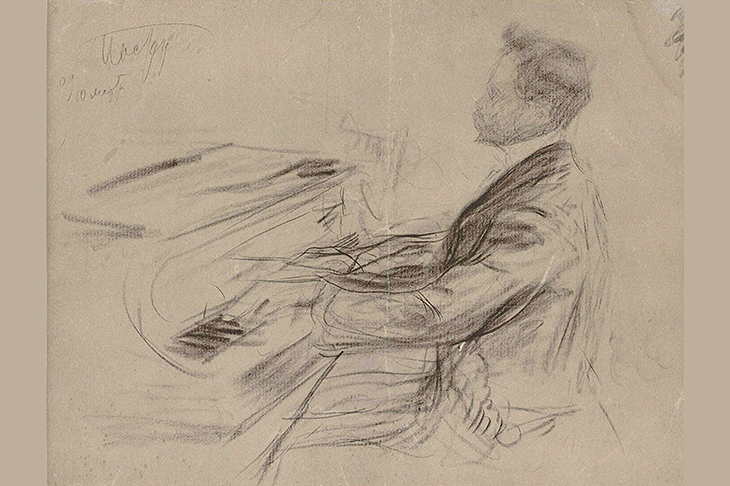

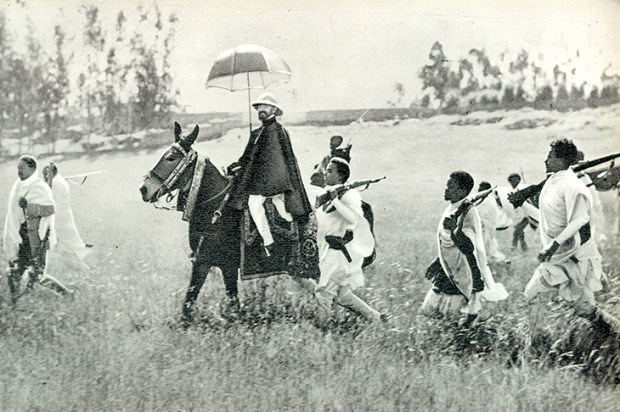

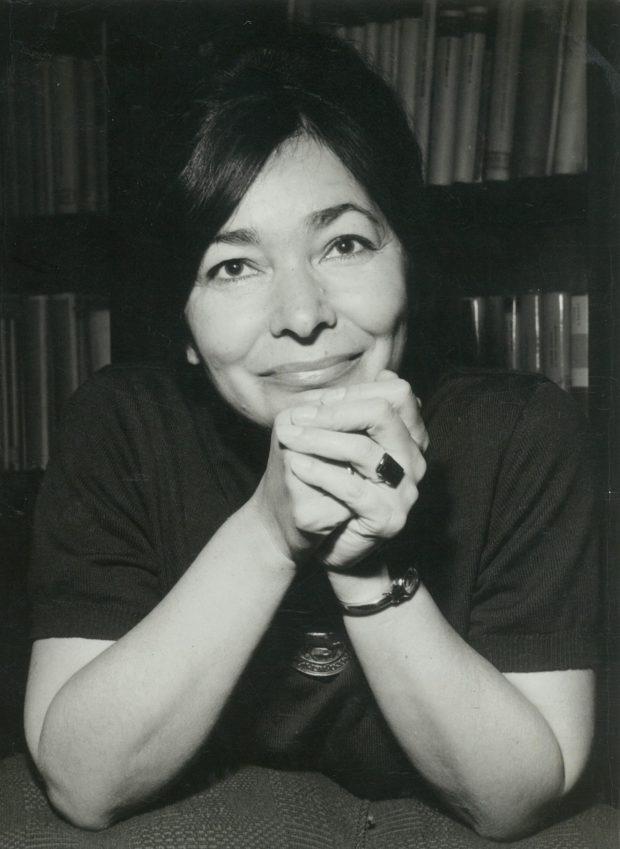
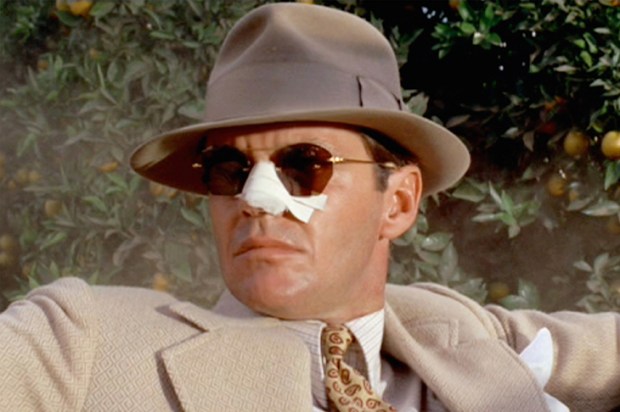
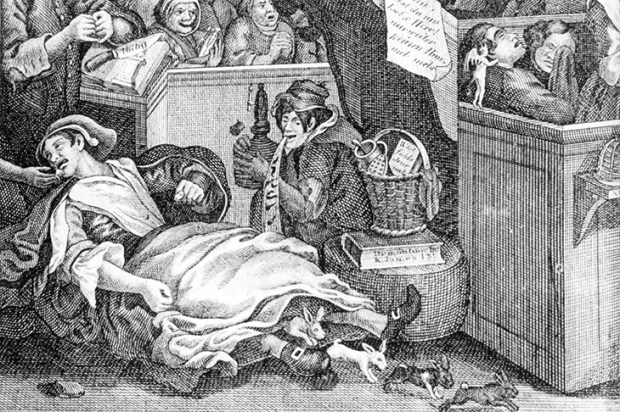






Comments
Don't miss out
Join the conversation with other Spectator Australia readers. Subscribe to leave a comment.
SUBSCRIBEAlready a subscriber? Log in